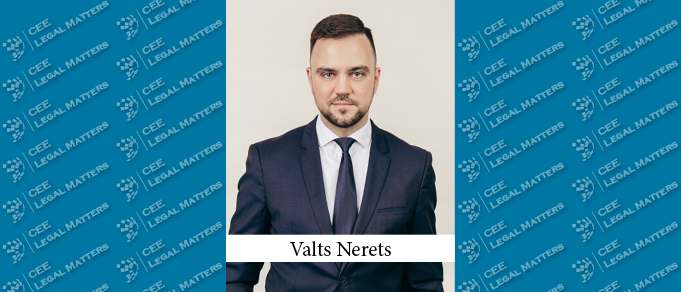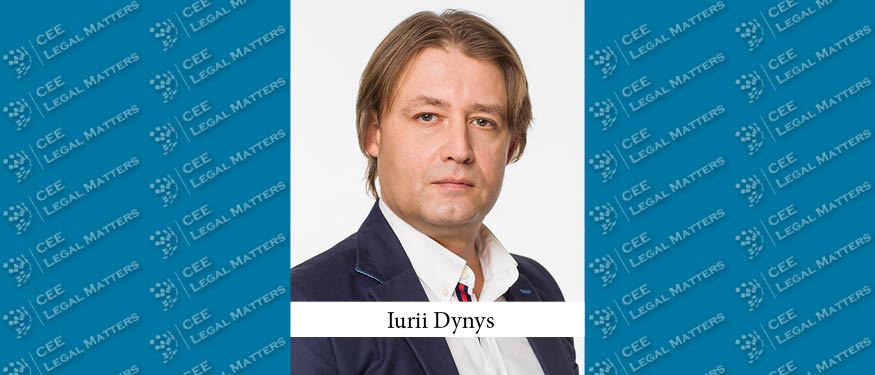According to Valts Nerets, Partner at Sorainen in Latvia, recent municipal elections have resulted in a political change in the Latvian capital of Riga, while, on the national level, the Latvian legislature and government are trying to create a business-conducive environment, which has attracted new companies to the market, mainly from Belarus.
“We had remarkable municipal elections in Riga recently,” commented Nerets. “The elections marked a quite significant change in the local government, because they ended the over-a-decade-long rule of the Social Democratic party ‘Harmony’ (‘Saskana’ in Latvian) – which had held power in Riga since 2009, and which is the main political representative of the Russian-speaking population of Latvia.” Nonetheless, Nerets insists, “the political situation in Riga is not settled yet, as, even though the elections happened almost two months ago, the new Mayor has only been appointed in the last few weeks.”
“In addition,” Nerets continues, “new members of the management boards have been appointed in many communal service enterprises. They levied allegations about corruption and embezzlement against former officials from the previous regime.” It is not yet clear if these allegations hold water, and Nerets says that “whether the previous regime did everything according to law is still under evaluation.”
Despite the developments on the municipal level, Latvia’s parliament – the Saeima – has not been distracted from its ongoing mission to establish a new type of court in the country, Nerets says. “The idea is to create an Economic Affairs Court, which should be operational as of January 2021.” According to him, “the new court will consist of ten judges, elected for life by the parliament. The Court will deal with a wide array of areas, ranging from tax evasion, money laundering, and fraud cases, to civil and commercial cases valued at EUR 500,000 or more.” Another important role of the court, he says, will be “to handle investment disputes.” (A more thorough analysis of the new court was included in the March 2020 issue of the CEE Legal Matters magazine (here) and published on April 29, 2020 on the CEE Legal Matters website).
Many moves taken by the legislature and the government in Latvia are aimed at stimulating business. Nerets reports that “the government is trying to promote the country as an attractive location for foreign businesses. One way of doing so is through tax reform. The government is considering reducing the social tax, which should persuade new companies to open here.” Some have already taken an interest in moving to Latvia, he says, and he points out that “a significant number of Belarusian IT companies are looking to relocate here, due to the sensitive political situation in their country.”
Not all is well in Latvia, however, and the Covid-19 pandemic has taken its toll on certain industries. “Hotels are closing down,” Nerets says, “and we still have to see how that industry will fare in the future.” There also seems to be a rise in hearings and trials, he says, in part because “the courts wouldn’t postpone hearings in the last couple of months, unlike at the beginning of the pandemic.” This is good for lawyers, it appears; he notes that “as a result, the legal market recovered somewhat in September.”
The only major change in Latvia’s legal market in recent months, Nerets says, is the merger between “Walless and Primus Derling in Latvia, as well as Derling Primus in Estonia” (as reported by CEE Legal Matters on October 2, 2020). “Other than that, there is not much else to report on,” he says.

















